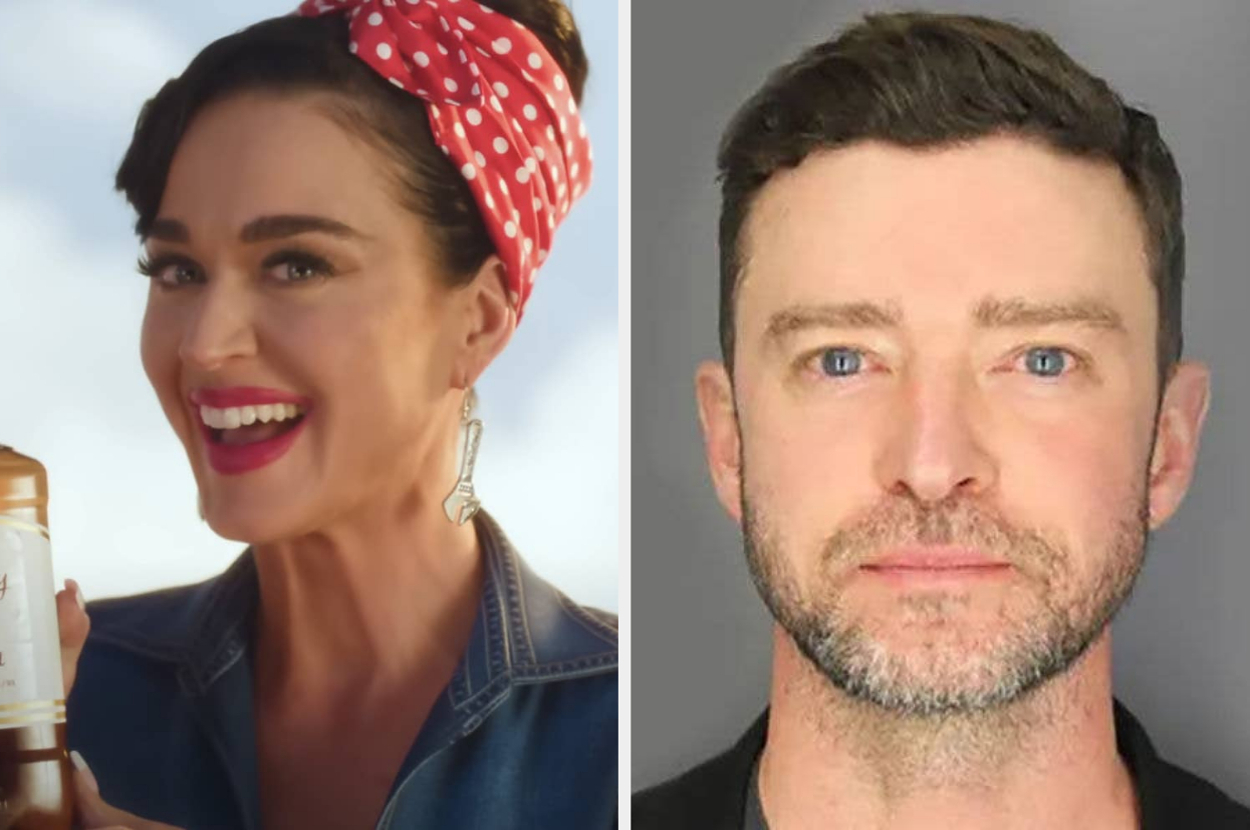
The Episcopal Church, at its General Convention in Louisville, Kentucky, is scheduled to elect a new leader Wednesday to replace Michael Curry, who for the past nine years has served as the first African American presiding bishop of the 239-year-old denomination.
There are five nominees for presiding bishop, who serves as the Episcopalians’ chief pastor, president and CEO.
Four of the candidates were selected by a church-appointed nominating committee:
—Bishop J. Scott Barker,of the Diocese of Nebraska.
—Bishop Daniel Gutiérrez of the Diocese of Pennsylvania (which encompasses Philadelphia and four nearby counties).
—Bishop Sean Rowe of the Diocese of Northwestern Pennsylvania.
—Bishop Robert Wright of the Diocese of Atlanta.
A fifth candidate, Bishop DeDe Duncan-Probe of the Diocese of Central New York, was added to the field via a petition from colleagues. Her nomination followed complaints from some Episcopalians that the initial slate of nominees included no women.
The winner of the election will take office on Nov. 1, replacing Curry and beginning a new 9-year team.
Gutiérrez would be the first Latino elected to lead the Episcopal Church. Wright would be the second African American, after Curry, and Duncan-Probe would be the second woman, after Curry’s predecessor, Katharine Jefferts Schori.
Rowe, 49, would be the youngest person ever elected as presiding bishop.
The Episcopal Church is an offshoot of the Church of England in the United States and has been the spiritual home of many of the American founding fathers and U.S. presidents.
As with other mainline Protestant denominations, membership in the Episcopal Church has been declining for decades. After peaking 3.4 million in 1959, it had fallen to 1.9 million when Curry was elected leader in 2015 and dipped to under 1.6 million in 2022. Average Sunday church attendance for Episcopalians nationwide was 614,241 in 2015; by 2022 it had dropped to 372,952.
Curry, in opening remarks to the General Convention on Sunday, urged delegates to remain optimistic.
“This Episcopal Church is stronger, more durable and has a future that God has decreed and that God has figured out,” he said. “Don’t you worry about this church. Don’t you weep and don’t you moan. Just roll up your sleeves and let’s get to work. That’s our future.”
Throughout his ministry, Curry has been an outspoken leader on a range of challenging issues, including racial reconciliation, climate change, immigration policy, and LGBTQ+ equality. Among his favored causes: establishing ecumenical summer day camps for children, creating networks of day care providers, and encouraging large investments in urban neighborhoods.
In 2018, he became a global star with a stirring sermon at the widely televised royal wedding of Britain’s Prince Harry and Meghan Markle.
Curry, 71, has battled a variety of health problems since May 2023, when he was hospitalized for treatment of internal bleeding and an irregular heartbeat. In March, doctors successfully surgically inserted a pacemaker as part of ongoing treatment.
___
Associated Press religion coverage receives support through the AP’s collaboration with The Conversation US, with funding from Lilly Endowment Inc. The AP is solely responsible for this content.







